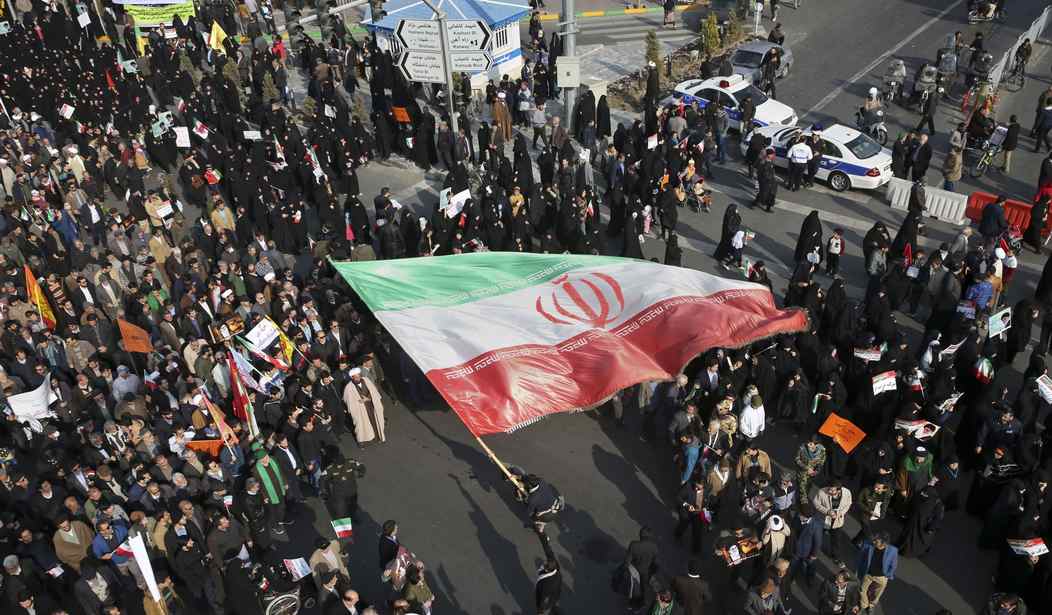One of the accusations leveled against the Iranian regime by the international community, including the United Nations (UN), for years has been human rights violations. The UN General Assembly has so far condemned the Iranian government 67 times for gross human rights abuses and violations.
However, the Iranian regime has not paid attention to any of these accusations and condemnations. The Iranian regime continues to violate the rights of Iranian citizens and has not accepted membership of the International Criminal Court in Hague to escape the consequences of this. It is fearful for its leaders to be brought to trial in international courts. Unfortunately, for various reasons, the Iranian regime's leaders, who have been the main perpetrators of human rights violations, have so far been able to avoid being tried by international courts and have not yet been brought to justice.
Recently, the appointment of Ebrahim Raessi as president, and Mohseni Ejei as head of the judiciary by Khamenei took place. Although both have been sanctioned by the European Union and the US Treausery for several years due to their role in the 1988 massacre of political prisoners and their involvement in human rights abuses, and have been banned from traveling to Europe and the United States, they now enjoy international diplomatic immunity.
Javid Rahman, the UN special rapporteur on human rights in Iran, following the election of a new president has called for an independent inquiry into allegations made against Raessi in connection with his role in the 1988 execution of thousands of political prisoners.
Recommended
Rahman in an interview with Reuters on June 28, 2021, said, over the years his office has gathered a great deal of testimony and evidence regarding the role of Ibrahim Raessi in the massacre of political prisoners. Whether the UN Human Rights Council or another institution will start a neutral investigation, he is ready to share the gathered evidence. Rahman continued, "I think the time has come and now it is very important that we start an investigation into what happened in 1988 and the role of Mr. Ebrahim Raessi, the president-elect of Iran. We have very serious concerns about this president and his role in these executions."
Of course, the crimes that Ebrahim Raessi and Mohseni Ejei are accused of are not limited to the ones in 1988, or others in recent years. As the head and deputy head of the judiciary, they have also played an important role in the death sentences handed down to Iranian youth. Like the death sentence of Navid Afkari, a national Iranian champion wrestler who, despite many evidence of his innocence and a global campaign to prevent his execution. Ebrahim Raessi as head of the judiciary and Mohseni Ejei as his deputy hastily upheld his death sentence and did not stop his execution, for political and security reasons. Or the killing of more than 1,500 demonstrators by the regime security forces in November 2019 uprising protesting a threefold increase in gasoline prices.
Or arbitrarily arresting and beating two elite students from Amir Kabir University of Tehran. The students are Amir Hossein Moradi, winner of the silver medal of the National Astronomy Olympiad in 2017 and Ali Younesi, winner of the silver medal of the National Astronomy Olympiad in 2016 and the gold medals of the 2017 Astronomy Olympiad and of the 12th World Astronomy and Astrophysics Olympiad in China. They were accused of collaborating with the Mojahedin Khalq Organization in March 2020 as corruptors on earth (a term that regime uses for opposing the regime, that carries the death penalty). The two students have been under intense physical and psychological pressure in solitary confinement for 14 months to force them to make false confessions and express remorse. According to the lawyers of these two students, they have been deprived of their most basic rights during this period.
It should be noted that in May 2020, Amnesty International issued a statement expressing concern over the torture of these students and calling for their release. But the Iranian regime has not paid any attention to these international concerns.
Given all these facts, with the assumption of the presidency by Ebrahim Raessi and the appointment of Gholam Hossein Ejei as the head of the judiciary, both of whom have played a key role in most human rights violations in Iran, not only should we not expect an improvement of the human rights situation in Iran. We can imagine, though, that the situation will be much worse than before, unless the international community resolutely opposes these actions of the Iranian regime without political or economic considerations.

























Join the conversation as a VIP Member